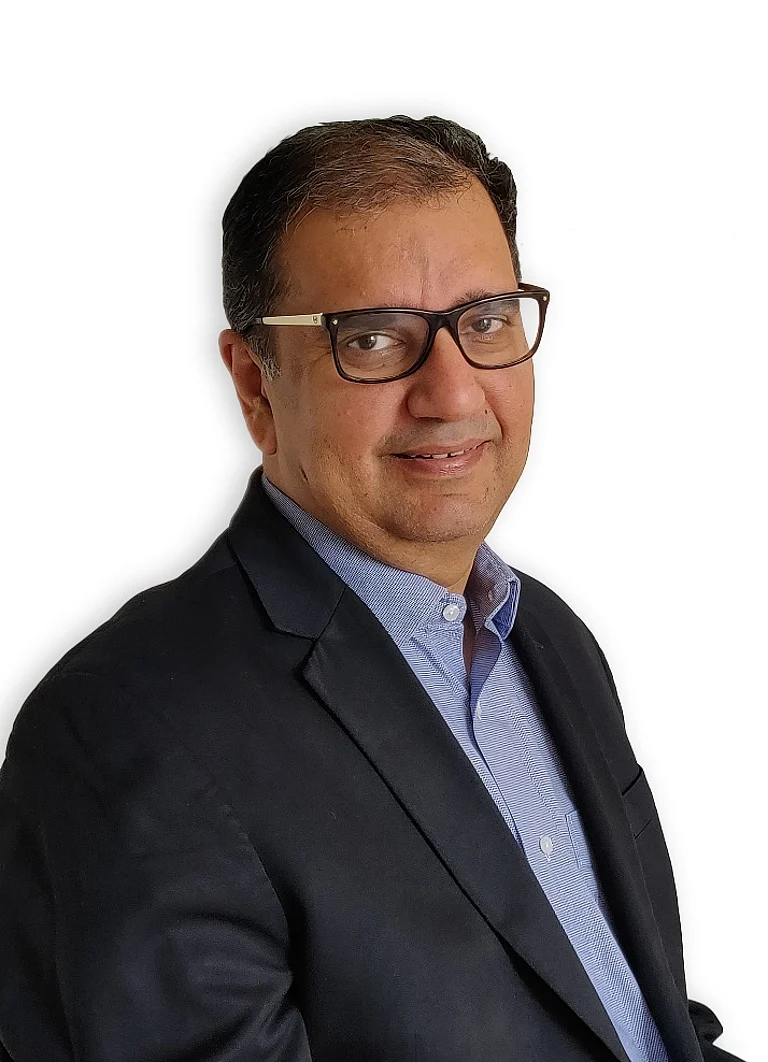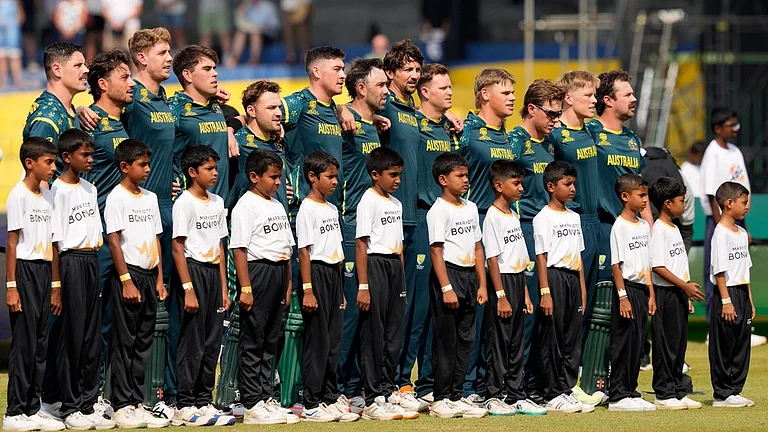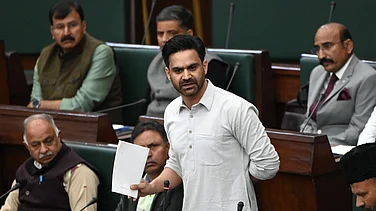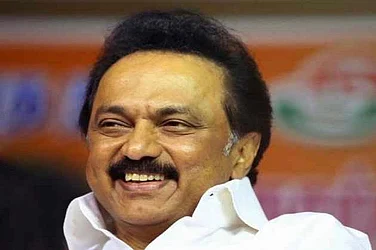Sangam Lal Gupta, a Bharatiya Janata Party Member of Parliament from Pratapgarh in Uttar Pradesh, on February 7 revived an old demand of the Hindu right-wing to rename the city of Lucknow after the character Lakshman from the Hindu epic Ramayan. In a letter to Union Home Minister Amit Shah, Gupta demanded that the UP capital be renamed 'Laxmanpur' or 'Lakhanpur'. Gupta claimed that Lord Ram had gifted the city to his brother and king of Ayodhya Lakshman in the 'Treta Yug' but that Nawab Asaf-ud-Daula changed the name to its present one, Lucknow, in the 18th century. Gupta urged Shah to "erase the symbol of slavery" in order to preserve India's cultural heritage in "Amrit Kaal." Then, on February 9, Uttar Pradesh Chief Minister Yogi Adityanath, as well as Union Defence Minister Rajnath Singh, who is also an MP from Lucknow, unveiled a 12-foot-tall statue of Lakshman near the Lucknow airport. Samajwadi Party leader Swami Prasad Maurya on February 12 disapproved of the demand to rename Lucknow after Lakshman. If indeed the name of the city was to be changed, it should be renamed after Lakhan Pasi, a legendary king iconized by the Pasis, the second largest Scheduled Castes community in the state, Maurya opined. Several Dalit groups have over the years made a similar demand.
In this contesting backdrop, Dr Sanobar Haider, an assistant professor in the department of history at Maharaja Bijli Pasi Government PG College, Lucknow, shares her thoughts on the history of the name of her beloved city.
Sanobar Haider writes:
“What's in a name? That which we call a rose/ By any other name would smell as sweet.”
William Shakespeare, the famous English writer, would have never thought that this quote of his from Romeo And Juliet would hold unprecedented relevance in present-day Uttar Pradesh in India. Of late, the uproar related to changing of names of cities in our state has been in news and there have been instances when many cities named by the rulers of the Medieval period of Indian history were changed or reverted to their ancient names but now the city in question is Lucknow, our very own capital city. The city of the nawabs, as they call it, has a rich heritage and a glorious past. We as Lucknowites revel in the same glory of belonging to this regal city. And it is disheartening to know about the proposed name change of the city which is our identity, not just in our documents but also in our hearts.
There are many who claim that the name of Lucknow should be changed to Lakshman Puri, while another section believes that Lakhan Pasi deserves the city to be named after him. All of this somehow aroused my curiosity being a Lucknowite and a scholar of history, and I explored some facts related to the controversy.
A section of the society believes that Lucknow was established by Lakhan Pasi on the mound where the present-day King George’s Medical College stands. It is said that the kingdom of Lakhan Pasi can be traced back to the 10th-11th century A.D. and a fort was built by the king on the mound. His wife’s name was Lakhnawati and the same was used as the name given to the city. Another section of the society, however, believes that the origin of the city goes back to the era of the epic ‘Ramayana’. It is said that the city of Lakhnawati has roots in ancient India and was known as Lakshmanpuri, which was a doorway to the Kosala kingdom. Being situated on the banks of the river Gomti, this sacred town was also referred to as ‘Choti Kashi”. Historian Yogesh Praveen, in his book Lucknownama, spoke of another book – Lucknow Past and Present – in which author Ikram ud din Kidwai, an archaeologist and a historian, had written that the ancient city of Lakshmanpuri, which was referred to as Lakhanpur or Lakhnawati, came to be known as Lucknow in its malapropism.
It is also said that Lord Ram assigned to his younger brother Lakshman the town of Saket, near Ayodhya. Lakshman, a hero known and revered in history for his qualities of selflessness, sacrifice and loyalty, was the man who inspired the qualities of the ‘head and the heart’ and without whom the Ramayan would be incomplete.
Bharatiya Janata Party leader Laji Tandon in his book ‘Ankaha Lucknow’ wrote with pride: “Tha Lucknow, hai Lucknow, rahega Lucknow” (It was, it is and will always be Lucknow).
He talked about the adjoining towns of Malihabad and Kakori which were also administered by the Pasi rulers of the times. He further wrote that the Lakshman Tila, named after Lakshman, was the centre point of the city, and hence, the city was known as Lakshmanpuri.
It is believed that there existed a cave of Sheshnag near the mound dedicated to Lakshman as he is considered the incarnation of Sheshnag. Tandon claimed in his book that Lakshman Tila finds mention in the revenue records as well. However, historians and experts related to the history of Lucknow confidently assert that no historical records or gazetted evidence are available to prove that Lucknow was ever known as Lakshmanpuri.
The point to be analysed and discussed here is about Lucknow as Lakshamanpuri or Lakhnawati, and I believe that the lack of sufficient recorded evidence does not call for a name change just for the namesake. This city whose history dates back to the mythological era deserves to retain its name which is its identity, as well as that of millions of Lucknowites, spread across the globe. We must understand whether the name change would lead to any new achievement or just satisfy the demands which appear to be running in two opposite directions. This may even lead to one section of society being disaffected with no fruitful results at the end of the day. Lucknow carries the essence of the older names and therefore needs to be protected and preserved. We are proud of our rich heritage and culture and would love to be known as Lakhnauwas to posterity. As responsible citizens of the city, we must make our connection with the past strong and inseparable. We must celebrate the city which has roots in the era of Lord Ram, 'the greater than the greatest man', which was governed by the brave Pasi Kings and then also ruled by the Nawabs who contributed towards building a culture and legacy which has made Lucknow renowned the world over.





















